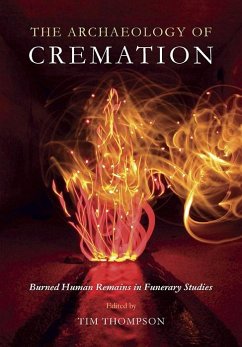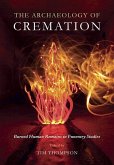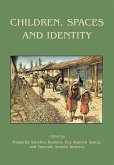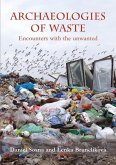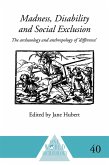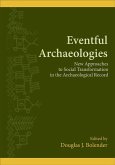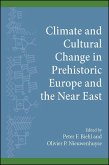Human societies have disposed of their dead in a variety of ways. However, while considerable attention has been paid to bodies that were buried, comparatively little work has been devoted to understanding the nature of cremated remains, despite their visibility through time. It has been argued that this is the result of decades of misunderstanding regarding the potential information that this material holds, combined with properties that make burned bone inherently difficult to analyse. As such, there is a considerable body of knowledge on the concepts and practices of inhumation yet our understanding of cremation ritual and practice is by comparison, woefully inadequate.This timely volume therefore draws together the inventive methodology that has been developed for this material and combines it with a fuller interpretation of the archaeological funerary context. It demonstrates how an innovative methodology, when applied to a challenging material, can produce new and exciting interpretations of archaeological sites and funerary contexts.The reader is introduced to the nature of burned human remains and the destructive effect that fire can have on the body. Subsequent chapters describe important cremation practices and sites from around the world and from the Neolithic period to the modern day. By emphasising the need for a robust methodology combined with a nuanced interpretation, it is possible to begin to appreciate the significance and wide-spread adoption of this practice of dealing with the dead.
Dieser Download kann aus rechtlichen Gründen nur mit Rechnungsadresse in A, B, BG, CY, CZ, D, DK, EW, E, FIN, F, GR, HR, H, IRL, I, LT, L, LR, M, NL, PL, P, R, S, SLO, SK ausgeliefert werden.

